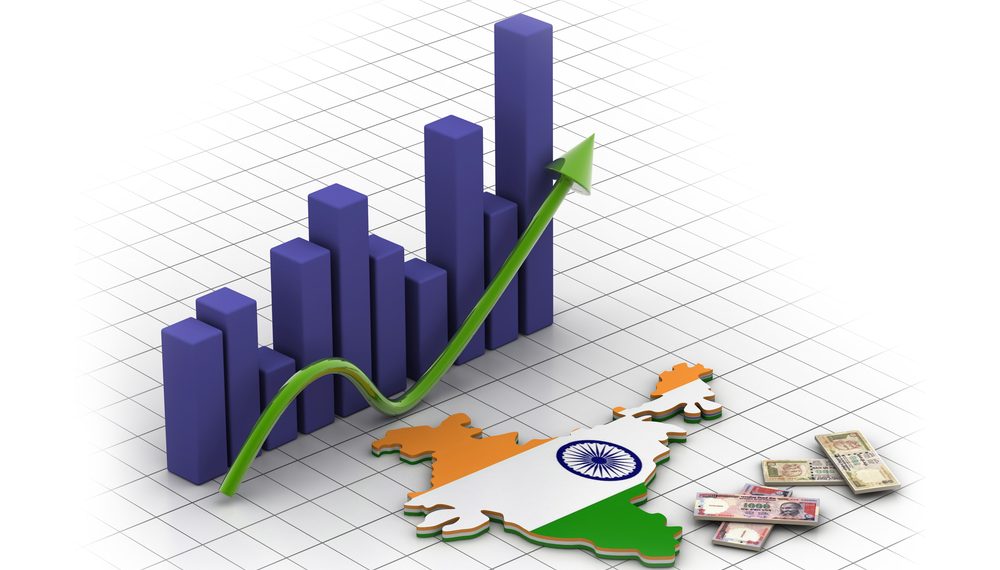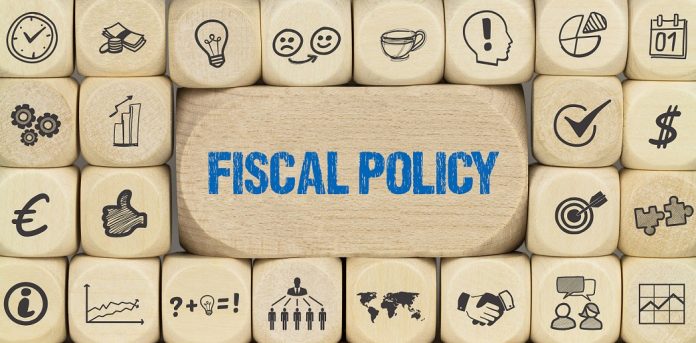- The time is indeed right now for the Indian economy to kickstart pushing ahead with the much-needed fiscal policy reforms. Uncertainties surrounding the two years of pandemic-related challenges have appeared to be on the wane despite the new Omicron subvariant making its presence felt over the last few days. The much-despised Russian uncalled-for and ill-timed invasion of Ukraine will soon enter its third month. This unwanted situation could have been averted had the global pressure prevailed upon the Russian strongman Vladimir Putin from going ahead. Severely lacking sensitivity and going against the global majority opinion, the Russian misadventure has gone on longer than initially expected and appears likely to continue.

PC: Pushpita Dey
- The silver line of the conflict is the now unlikely scenario of more countries being drawn into the vortex of war. Nonetheless, the world has not been spared the economic fallout of war going by the look of things. Scrutiny will reveal that it’s working its way into the global economy through three channels. Of course, it’s pushed up fuel prices courtesy of global supply chain disruptions. Separately, other commodity prices and logistics to have escalated. Finally, the uncertainty caused by war is weakening global demand. The three channels are not pushing in the same direction as the weak demand partially offsets the fuel commodity price pressure. As such, the impact on the Indian economy is unlikely to be as severe as it appeared say six weeks ago.
- This is because elevated inflation was the primary challenge India faced at the start of the war. People in the know would agree that core inflation, excluding food and fuel, has been both sticky and higher than the pre-Covid period. Against this backdrop, the war’s impact on crude posed a big challenge. Thankfully, the Reserve Bank of India’s revised assumption is well-founded. Understand that food price build-up in 2022-23 came largely through vegetables and edible oil. Following the forecast of a normal monsoon and given India’s self-sufficiency in both cereals and vegetables, it is edible oil prices that remain vulnerable to global forces. Thus, retail inflation is likely to hover around 6%, RBI’s upper limit of tolerance.

PC: Janvi Jaiswal
- The moot point to ponder over here is how will this impact growth as now interest rates are sure to harden. This month, the RBI forecast that economic growth in FY23 will be 7.2%, lower than what was expected before the war. Also, the central bank simultaneously signalled a tighter monetary policy. Therefore, fiscal policy has to take over the primary role of boosting growth. As a relief, GOI’s tax revenue for FY22 overshot the Budget target to just exceed Rs. 27 lakh crores. Most importantly, it grew about twice as fast as nominal GDP and was 11.7% of GDP, a two-decade high. Further, the GOI has the space to first slash fuel taxes to cushion the economically vulnerable and push ahead with its infrastructure spending. In conclusion, it’s fiscal policy’s turn to do the heavy lifting from now on and draw in private investment to boost the economy.






